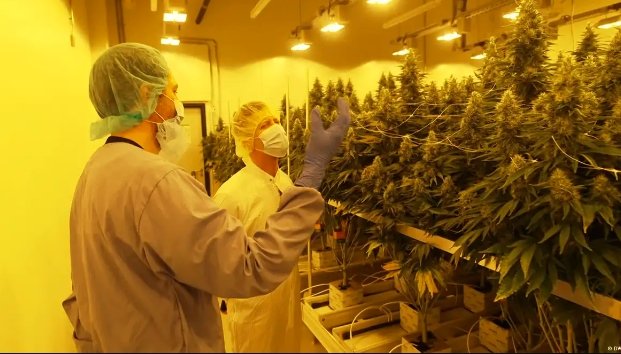In a stunning crackdown, Europol has dismantled a massive Ponzi scheme under the guise of a medical cannabis investment platform, JuicyFields. The operation, which spanned across 11 countries, resulted in the arrest of nine individuals and the seizure of assets worth millions. This elaborate scam, which promised lucrative returns on cannabis cultivation, ensnared approximately 186,000 victims, highlighting the vulnerabilities within the burgeoning cannabis investment market.
The Anatomy of a Ponzi Scheme
The JuicyFields platform lured investors with the promise of high returns from cannabis cultivation. With a minimum investment of EUR 50, individuals were led to believe they would receive profits from the sale of harvested cannabis to authorized buyers. However, the promised returns were funded by capital from new investors, not actual profit, creating a classic Ponzi structure.
The scheme was sophisticated, leveraging social media advertising and a network of international bank accounts and cryptocurrencies to operate. The allure of the cannabis market, coupled with the promise of easy profits, proved to be an effective bait for unsuspecting investors.

The International Response
The coordinated response by Europol and national law enforcement agencies underscores the seriousness with which financial fraud is treated, particularly in emerging markets like cannabis. The operation involved more than 400 officers, highlighting the scale and complexity of the investigation.
The seizure of EUR 4.7 million in bank accounts, EUR 1.5 million in cryptocurrencies, and other assets, including luxury vehicles and real estate, demonstrates the extent of the ill-gotten gains and the reach of the law when it comes to protecting consumers and legitimate markets.
Lessons for Investors
The JuicyFields case serves as a stark reminder of the risks associated with high-yield investment opportunities, especially in markets that are subject to regulatory changes and public debate. It emphasizes the need for due diligence and skepticism when approached with investment opportunities that seem too good to be true.
For the cannabis industry, this incident may trigger a push for more stringent regulations and oversight to prevent similar scams in the future. It also highlights the importance of investor education and the need for transparency in investment operations.



